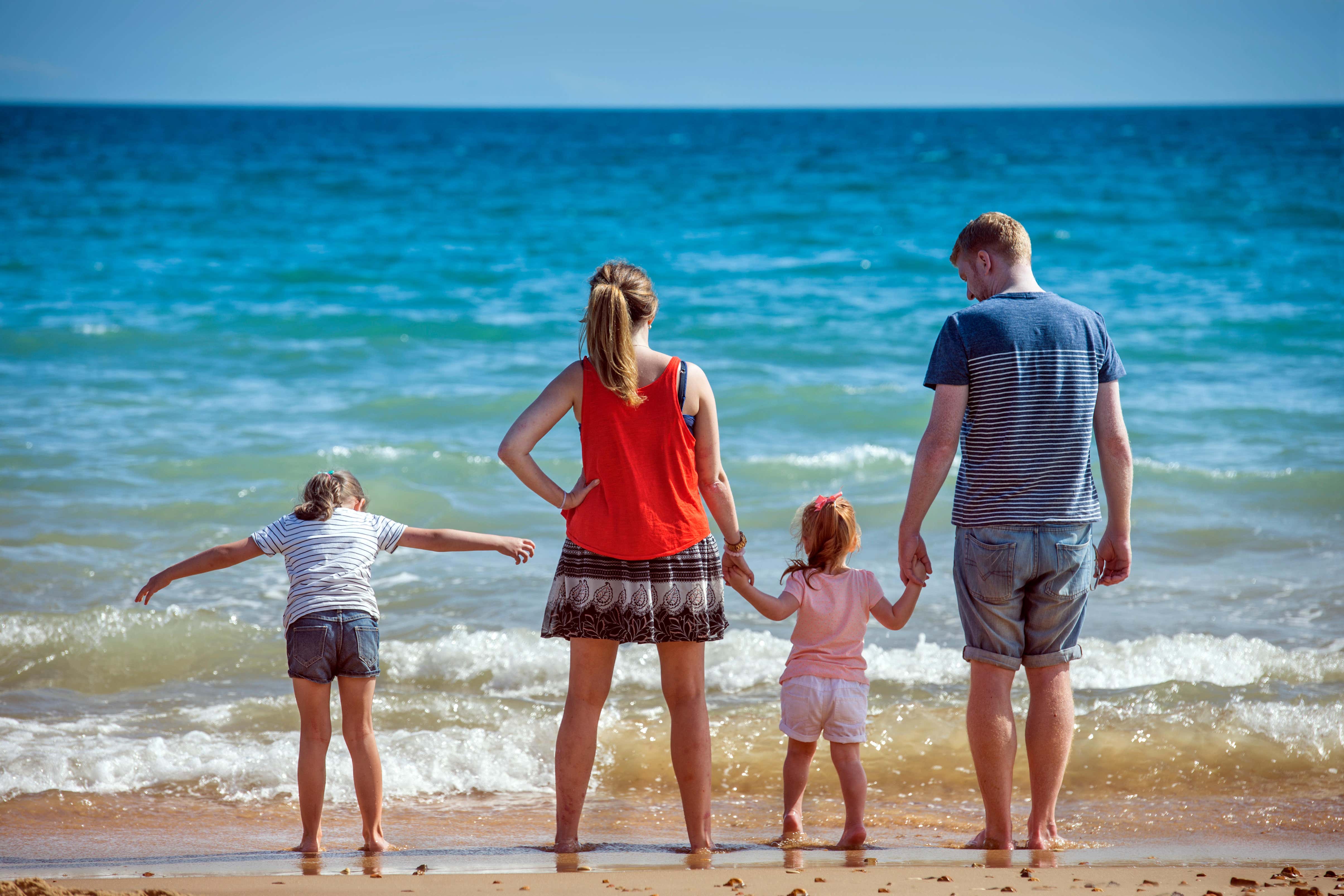Unexplained green taxes are costing holidaymakers ‘hundreds of pounds’, says travel boss
EasyJet Holidays chief executive hit out at the way some destinations were introducing environmental fees

Your support helps us to tell the story
From reproductive rights to climate change to Big Tech, The Independent is on the ground when the story is developing. Whether it's investigating the financials of Elon Musk's pro-Trump PAC or producing our latest documentary, 'The A Word', which shines a light on the American women fighting for reproductive rights, we know how important it is to parse out the facts from the messaging.
At such a critical moment in US history, we need reporters on the ground. Your donation allows us to keep sending journalists to speak to both sides of the story.
The Independent is trusted by Americans across the entire political spectrum. And unlike many other quality news outlets, we choose not to lock Americans out of our reporting and analysis with paywalls. We believe quality journalism should be available to everyone, paid for by those who can afford it.
Your support makes all the difference.Family holidays abroad are becoming “hundreds of pounds” more expensive due to green taxes, a travel company boss has warned.
EasyJet Holidays chief executive Garry Wilson hit out at the way some destinations were introducing environmental fees, claiming that failing to demonstrate a “direct link” between the money raised and sustainability schemes would reduce bookings.
Spain, Greece and Tunisia are among locations popular with UK tourists which charge green taxes or have plans to introduce them.
In an interview at the annual convention of travel trade organisation Abta in Costa Navarino, Greece, Mr Wilson said many destinations which suffered huge losses due to coronavirus travel restrictions decided that tourists should pay “this fee and that fee and the next fee”.
In Greece, a traditional family would have to pay around €210 (£176) a week in tax, he added.
He said: “They’re named the ‘green tax’ or ‘climate resilience’ or whatever it might be.
“Whilst I understand the ethos, (we need to) understand what you’re doing with that money.”
Mr Wilson said it was “understandable” if taxes were introduced with a “direct link” to initiatives such as installing systems that automatically switch off air-conditioning and electric sockets when hotel rooms are empty.
If the revenue simply “goes into a big pot”, then holidaymakers will think “this is just a way to get more money out of me”, he warned.
Mr Wilson said taxes were “going up and up and up when it comes to travel”.
He added: “There has to be real thought put into what impact this is going to have on demand.
“The way it’s being treated at the moment by a lot of destinations isn’t necessarily helping build confidence and demand.”
A survey commissioned by Abta indicated that 38 per cent of people believed it was the responsibility of travel companies to manage the impact holidays had on the environment and local residents, rather than their own.
Some 22 per cent disagreed with the statement, while 40 per cent were neutral.
The poll also indicated that the most common areas of concern about the impact of people’s holidays were the preservation of culture and heritage, waste and plastic pollution, and the welfare of animals.
Abta chief executive Mark Tanzer said: “The ultimate goal for travel is to have great places to visit that are also great places to live.
“If a destination intends to introduce a visitor charge as part of its tourism management, then it needs to make clear how that money is going back to support the local community and local people.
“Otherwise, these charges will only serve to add costs to consumers, without addressing the tourism issues important to local residents.”
The survey of a nationally representative sample of 2,000 UK adults was carried out by The Nursery Research and Planning between 24 July and 2 August.
For more travel news and advice, listen to Simon Calder’s podcast
Join our commenting forum
Join thought-provoking conversations, follow other Independent readers and see their replies
Comments